The main difference between personal and commercial auto insurance depends on who owns the vehicle. If your business owns a vehicle that is used for business purposes, it will be covered by commercial auto insurance.
Commercial auto insurance covers accidents that occur while you or your employees are driving a commercial vehicle. While both personal and commercial auto policies pay for legal and medical bills associated with auto accidents, commercial auto insurance usually covers higher claims, different types of vehicles, and more complex legal issues.
A commercial policy typically ensures all the business’s employees and additional insureds, It means every employee of the organization/company with a valid license can use the vehicle.
Commercial auto insurance covers business vehicles
A commercial auto insurance policy has higher liability limits than personal auto insurance. It can cover vehicles used to:
- Transport goods or equipment
- Drive clients or employees
- Perform a service that you’re paid for
- Charge people a fee to move goods in your vehicle
- Haul heavy, work-related loads
- Tow a trailer used for business
Personal auto insurance
Personal auto insurance only covers accidents that occur while you’re utilizing your vehicle for personal reasons. That includes commuting to and from work and travel unrelated to your job obligation. Policies typically insure the owner of the vehicle and one or two related family members.
Your personal auto policy won’t cover business use
Most personal auto policies concretely omit business use. If you get into an accident while driving for work, your insurance company might reject your claim.
Because this policy includes less coverage, it’s always less costly than commercial auto insurance. In some cases, a personal policy might include limited coverage for business use.
In terms of data collection, We collect more data in the case of Commercial auto Insurance as compare to Personal Auto.
In the case of personal Auto, we collect data for the below ACORD AL3 groups:
| Schedule Name ( For Personal ) | Schedule Group ( For Personal ) |
|---|---|
| Driver | 5DRV |
| Forms | 5FOR |
| Locations | 5LAG |
| Vehicle Information | 5VEH |
| Coverage Information | 6CVA |
| Additional Interest | 5AOI,9AOI |
| Remarks Information | 5RMK |
| Payment Plan Information | 5PAY |
| Automobile Driving Record | 6PDA |
| Commission Information | 6DBD |
| Commission Summary | 6DBC |
| Prior Policy History | 5PPH |
| Building Construction Information | 5BCI |
| Flood Community Information | 5FCI |
| Coverage Information | 6CVA |
But in the case of Commercial Auto, we collect data for these ACORD AL3 groups:
| Schedule Name ( For Commercial ) | Schedule Group ( For Commercial ) |
|---|---|
| Driver | 6SDV |
| MVR Information | 6SDV |
| Business Auto Underwriting Information | 6AUR |
| State Information | 5SSG |
| Business Automobile and Truckers Hired/Borrowed Information | 6BAU |
| Vehicle Information | 5CAR |
| Coverage Information | 5CVG |
| Additional Interest | 5AOI,9AOI |
| Forms | 5FOR |
| Locations | 5LAG |
| Commercial Property Information | 6SOI |
| Commercial Lines Policy Information | 6CPO |
| Remarks Information | 5RMK |
| Payment Plan Information | 5PAY |
| Prior Policy History | 5PPH |
| Premium Information | 5PIN |
| Business Automobile and Truckers Supplementary Rating | 6BRT |
| Umbrella/Excess Location Information | 6CUL |
| Business Automobile and Truckers Vehicle Supplement Group | 6BVS |
As per the above tables, some groups are common in the case of personal and commercial auto. In addition, commercial auto contains some more groups that contain additional info about schedules.
As per the above tables, we can notice that 5DRV converts into 6SDV in the case of commercial auto for drivers.
5DRV contains these fields for the personal driver:
Driver Sex Code
Agency Driver’s Number
Education Level Code
Date First Licensed in Current State
Date Licensed
Date Hired
Company Driver’s Number
Driver’s Name
Social Security Number
Driver’s License Number
Driver Group
Header
Deleted – Date of Birth (See 5DRV14)
Deleted – Date Hired (See 5DRV17)
International Driver’s License
Citizenship Country
Current Address Time
License Status Code
License Class Code
Driver Type Code
Fixed Identifier
Date of Birth
Motorcycle Date Licensed
Deleted – Citizenship Country (See 5DRV23)
Deleted – Date Licensed (See 5DRV16)
Driver Continuous Insurance Code
Licensed State
Whereas in the case of commercial Driver, use 6SDV
6SDV contains these fields for the commercial driver:
Terminal Number
International Driver’s License
Education Level Code
Majority Driving State
Work Loss Declined Indicator
License State
State
Current Address Time
License Status Code
Driver Sex Code
Excluded Indicator
Year Licensed
Percent of Use
Date of Birth
Years Commercial Experience
Broadened PIP Applies Indicator
Drive Other Car Indicator
Driver Marital Status Code
Excluded from Uninsured Motorists Coverage Indicator
Excluded from Uninsured Motorists Property Damage Coverage Indicator
Agency Driver ID
Driver’s Name
Driver’s License Number
Vehicle Driven
Address Line1
City
Zip Code
Social Security Number
Citizenship Country
Deleted – Date of Birth (See 6SDV18)
Deleted – Date Hired (See 6SDV24)
Commercial Lines Driver Group
Company Driver Number
Date Hired
Deleted – See 6SDV29 – Citizenship Country
As per the above fields, each group contains some more information.
Commercial Auto Insurance Coverages:
Liability protection
Basic coverage that covers injuries or damage to other’s people or property if you’re at fault for an accident.
- Liability
- Bodily Injury
- Property Damage
- Uninsured Motorist
Driver protection
Driver protection will help to pay for your medical expenses if you or any passenger is injured while driving a commercial vehicle.
- Medical Payments
- Personal Injury Protection
- Pet Injury Coverage
Vehicle protection
It protects against damage to your vehicles that can be caused by collisions or any other wide variety of mishaps that damage your vehicles.
- Physical Damage
- Collision
- Comprehensive
- Individual Named Insured Endorsement
- Fire and Theft with CAC
For trucks
Trucks can share many of the same coverages as other commercial vehicles. Here are some that are more specific to trucks.
- Motor Truck Cargo
- Motor Truck General Liability
- Non-Trucking Liability
- Rental Reimbursement with Downtime
- Trailer Interchange
Specialty coverage
Sometimes, In small businesses need overall protection for basic liability and vehicle damage coverage.
- Non-Owned Car
- Any Auto
- Hired Auto
- Drive Other Car
- Single Deductible Endorsement
Tow specific
Tow trucks share many equivalent coverages as any other type of commercial vehicle. Some are geared more towards tow trucks.
- Garagekeepers Legal Liability Insurance
- On-Hook Towing Insurance
Personal Auto Insurance Coverages:
- Bodily injury liability
- Medical payments or personal injury protection (PIP)
- Property damage liability
- Collision
Collision coverage pays for damage to your vehicle from a collision with another vehicle, an object like a tree, telephone pole, etc. It also covers damage caused by potholes.
Collision coverage is usually sold with a separate deductible. - Comprehensive
This coverage covers you for loss due to theft or damage caused by something other than a collision with another car or object. Comprehensive plans cover various events such as fire, falling objects, missiles, explosions, hail, floods, earthquakes, windstorms. It will also pay to repair your vehicle if it is cracked. - Uninsured and underinsured motorist coverage
Underinsured motorist coverage reimburses you, a member of your family, or a designated driver if one of you is hit by an uninsured driver or a driver who doesn’t have sufficient insurance to pay for your total loss. This coverage also offers protection in the event a covered driver is the victim of a hit-and-run or if, as a pedestrian, you are struck by an uninsured or underinsured motorist.

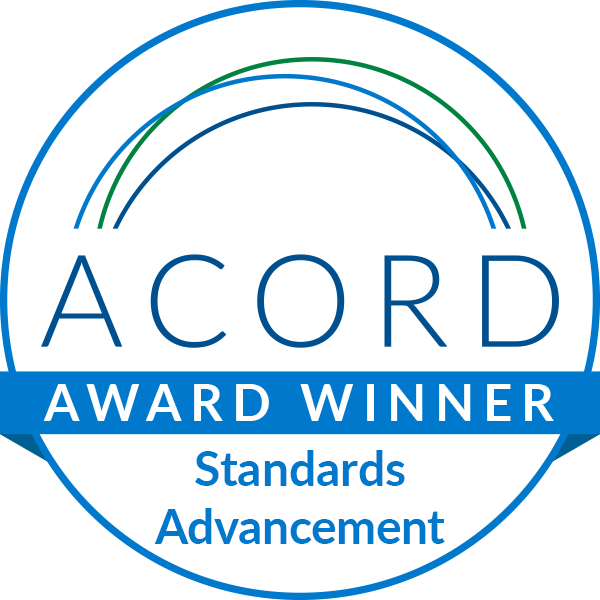

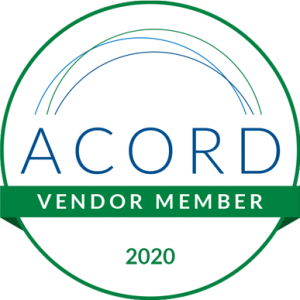
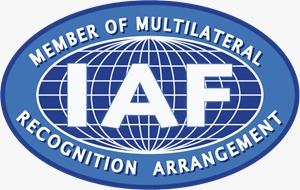
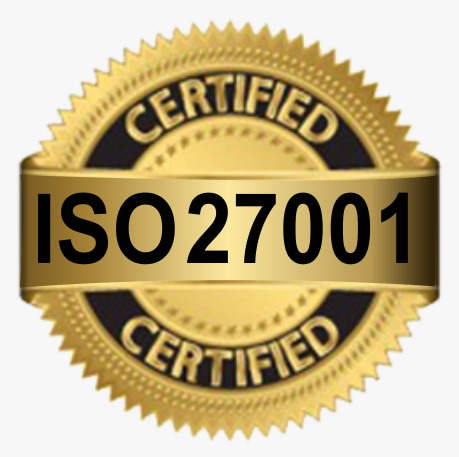
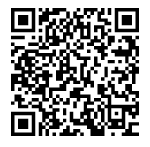
Leave A Comment